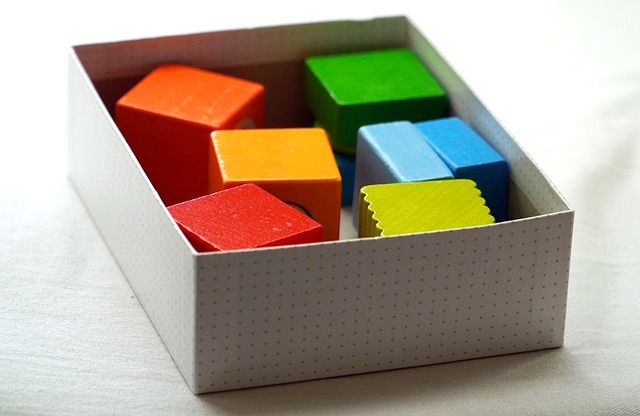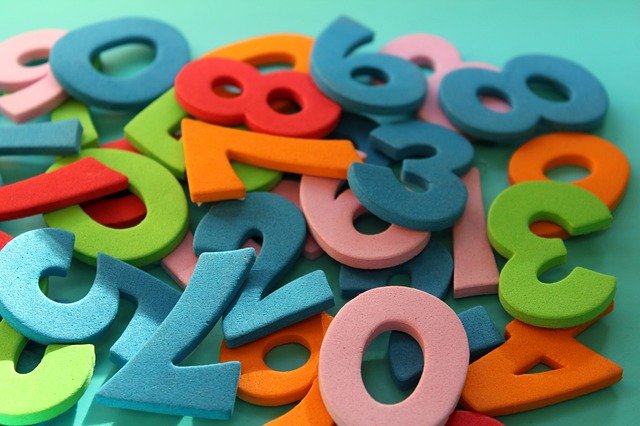 Foundational skills are important because they help children succeed with future learning. Just like a strong foundation in a house supports the walls, windows, and roof, foundational skills play an important role in students' learning. These skills provide students with the tools that help them engage in deeper learning across all subject areas.
Foundational skills are important because they help children succeed with future learning. Just like a strong foundation in a house supports the walls, windows, and roof, foundational skills play an important role in students' learning. These skills provide students with the tools that help them engage in deeper learning across all subject areas.
MOOSE Module: Early Learning Foundational Skills: A Module for Parents and Caregivers
 In mathematics, children make sense of the world around them as they investigate the relationships of numbers and shapes. There are five major areas of focus within mathematics in the age span of 3-9 years. In each area of focus you will find mathematics skills and behaviors you might see your child demonstrate as well as ideas that my help your child become stronger in their mathematics skills.
In mathematics, children make sense of the world around them as they investigate the relationships of numbers and shapes. There are five major areas of focus within mathematics in the age span of 3-9 years. In each area of focus you will find mathematics skills and behaviors you might see your child demonstrate as well as ideas that my help your child become stronger in their mathematics skills.
Click on each area to explore:
- Numbers and Counting includes how children learn to count, recognize “how many,” and build understanding of time and money.
- Problem Solving/Arithmetic includes how children learn about addition, subtraction, multiplication, and division and the concepts of putting together and taking apart numbers.
- Patterns includes how children investigate relationships, sequencing, ordering, and seeing structures within numbers and shapes.
- Shapes includes how children investigate basic shapes, in both two and three dimensions, and how children learn about putting shapes together to build more complex structures.
- Measurement includes how children learn about basic measuring and investigate perimeter, area, volume, and angles.
Maine’s Mathematics Academic Standards:
- Maine Learning Results: Mathematics. The Mathematics standards in the Maine learning Results were updated and adopted as of July 18, 2020 and continue to include the Common Core State Standards.
- Maine's Early Learning and Development Standards. These guidelines direct State and local early care and education practitioners’ efforts to improve early childhood professional practice and programs for children from age three through their entrance into kindergarten. The guidelines also consider the core elements contained in the Maine Learning Results.
- Core Content Connectors. The Core Content Connectors [CCCs] are Maine’s alternate achievement standards in mathematics. These standards are derived from the Common Core State Standards, reduced in complexity and deconstructed into smaller, more accessible steps for students with the most significant cognitive disabilities. The CCCs are the building blocks of Maine’s alternate assessment in mathematics, the MSAA. For more information about alternate assessments based on alternate achievement standards (AA-AAS), please contact Jodi Bossio-Smith at jodi.bossio-smith@maine.gov.